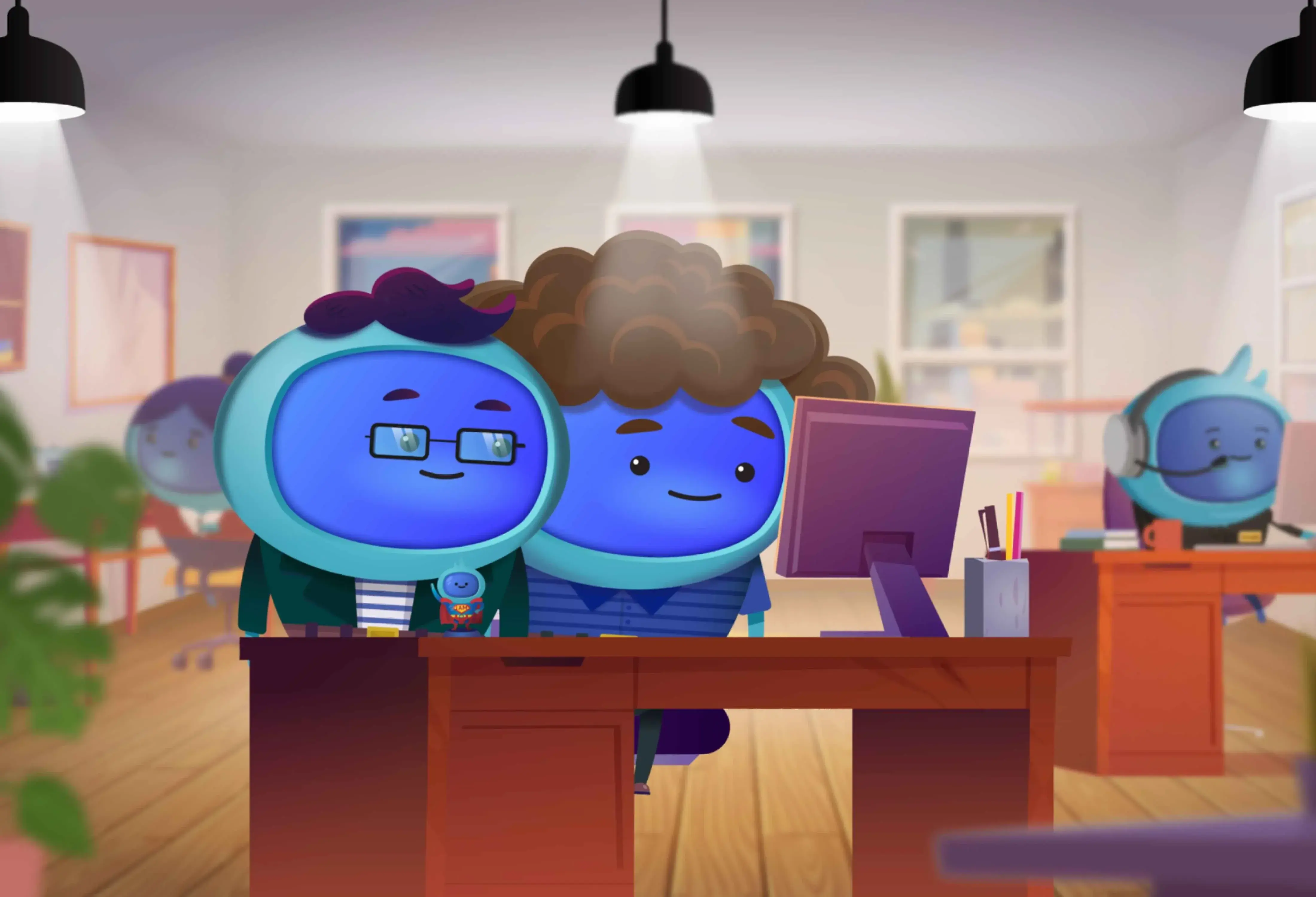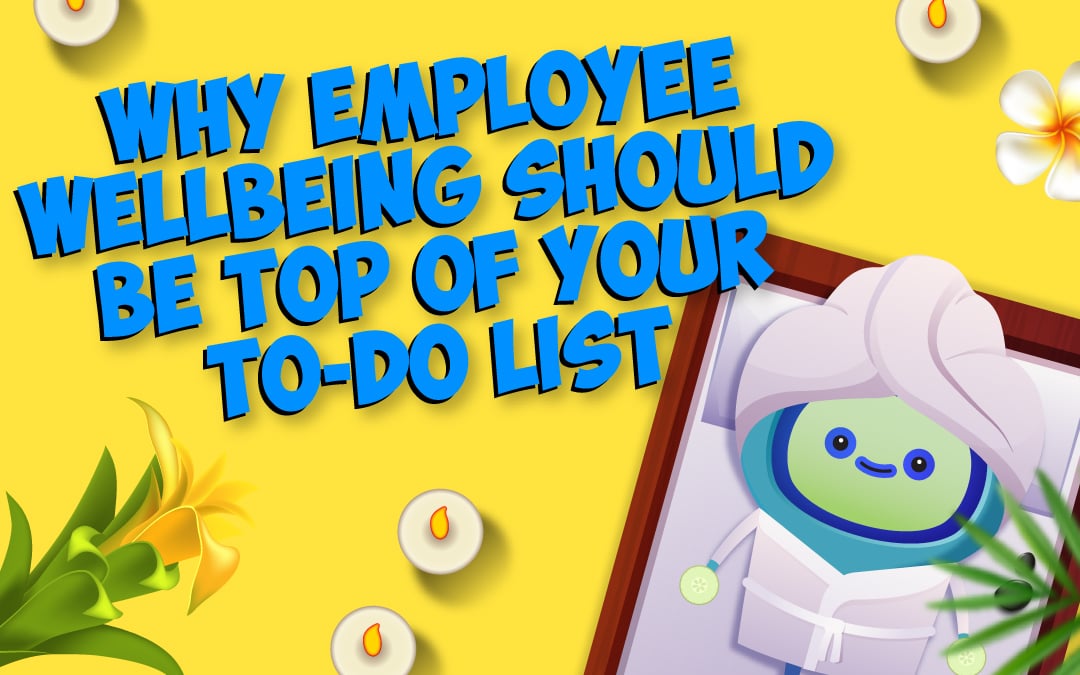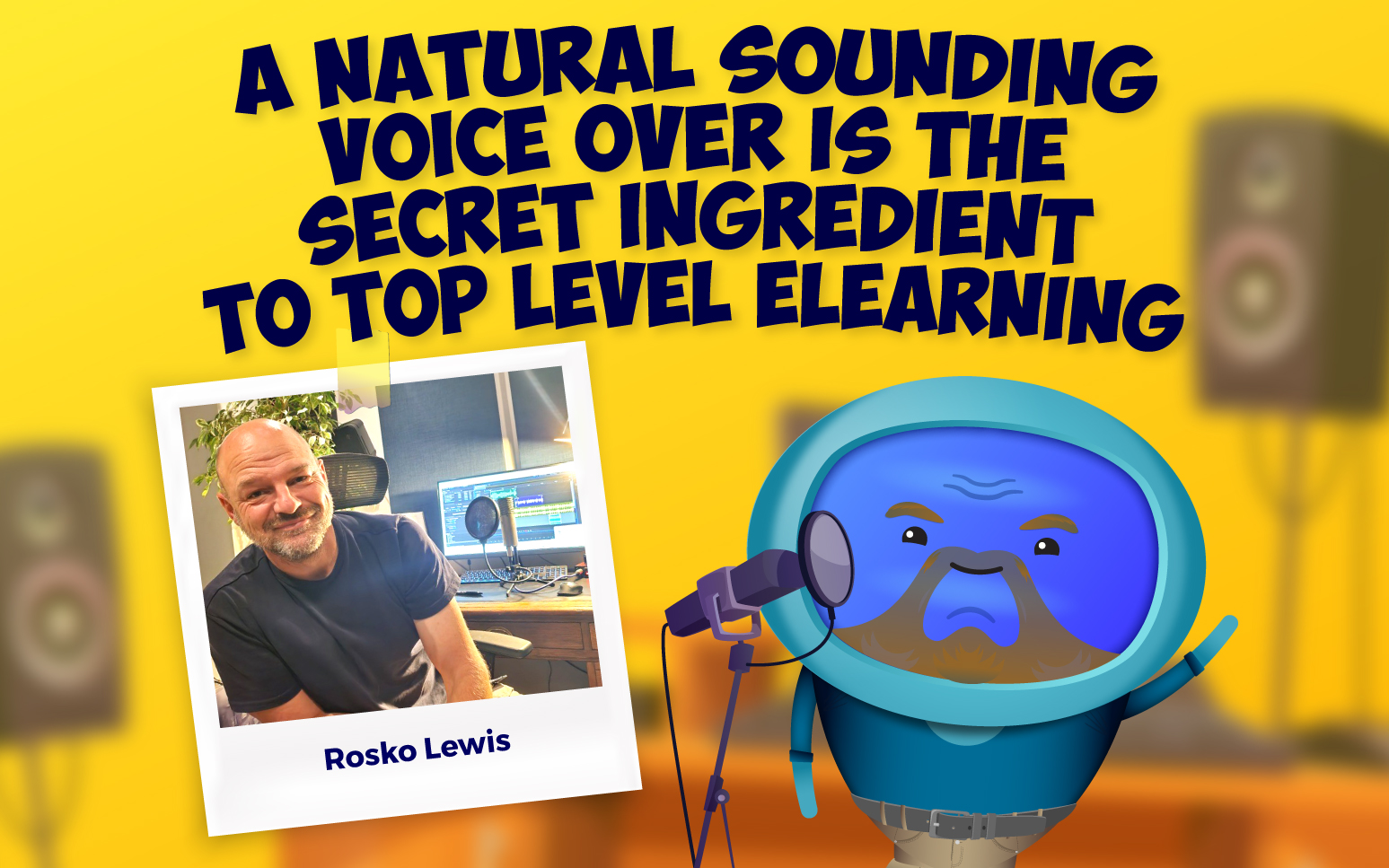For most of my life, I’ve taken it for granted that I’m a good listener. It’s only in the past year or so that I’ve unpicked the beliefs sitting behind it. They were predominantly: I’m interested in others; therefore, I must be a good listener. I want to be perceived as empathetic and attentive, therefore, I’m a good listener.
I hadn’t sought feedback or reflected on what I was like in an array of different conversations (work, friends, difficult, exciting etc.). I just felt it to be true.
The stories we tell ourselves can be incredibly self-limiting and install pretty hefty blinkers, if we let them.
The beauty is when something causes you to challenge one of your stories, perhaps a question, an experience or a new perspective. It’s a light bulb moment, an epiphany, perhaps even a scary possibility, ‘what if this particular story I’ve been telling and retelling myself isn’t actually true?’
You realise you’ve never really interrogated it – it’s existed as a bone-deep sense of knowing, high on some unreachable pedestal of your mind. Scrutinising it can bring out all sorts of tricky emotions: defensiveness, anger, self-flagellation. If you’re lucky, open curiosity.
My lightbulb moment was hearing Simon Sinek talk about the art of listening on a podcast. He has a lot of astute and practical things to say on the subject (I’ve shared a few links at the end), but there was one sentiment which really resonated. He pointed out how natural it is for us to offer up advice and solutions when someone shares a problem. Our default is to say, ‘so, here’s what I would do.’ And ‘have you thought about doing x?’
But how often do we check if that’s what people actually want from us at that moment? Is a fix what we always want when we’re frustrated or distressed?
Suddenly it made sense to me why I’d sometimes come away from a venting session with my partner, feeling even worse. And vice versa, all the times I’d made him angrier in the same scenario, whilst being utterly convinced I’d said all the right things.
I never checked. I never asked, ‘what do you need from me here? Do you just want to get it out, do you want to talk through options, would you like to be distracted? What helps?’
I’d just launch into my ‘sage’ wisdom and feel good about it. Missing the opportunity to really hear them.
So, I started asking a few people, ‘What do you think would make me a better listener?’
And I practised putting theirs, and Simon’s, advice into place. I tried to...
Talk less, listen more
I found this so tiring at first! Who knew doing less could involve more work? As a very expressive talker, who loves a long, in-depth conversation and hasn’t met a silence I couldn’t fill, regularly fighting my inclinations to paraphrase, question and input, took real discipline.
I was re-learning how to have a conversation. I was switching from autopilot to conscious and new decision-making – the effort required was surprisingly intense.
Relax in the pauses
Typically, if I stop talking for a few seconds, that means I’m finished with my point. My thoughts quickly become words. I’d rolled out that assumption for others. But of course, a lot of people stop and think and have different speech rhythms.
When I started to leave pauses well alone, 99% of the time, the person kept going, they weren’t finished. Or the pause prompted them to be more honest and feel like they could expand.
When I started really paying attention, I could tell when a pause was because they were done talking, and when they were wanting to hear from me. I just hadn’t tried to make the distinction before.
This short clip from comedian Mae Martin, captures our desperation to have our say. Sometimes we’re so excited, passionate or even tired, we don’t really notice that we’re hogging all the airtime.
Post-it note my thoughts
Ideas and questions pop into my head all over the shop (it can be like a pinball machine). And sometimes, I get a bit, ‘and this, and this, and one more thing!’ I can be so focused on what I want to raise or add, that I’m not entirely focused on the conversation.
Parking these things is easier when you’re in a meeting – you can make brief notes on what you want to bring up later.
It’s much more challenging in a conversation. I try and visualise storing them to one side to bring out later – sometimes this works, sometimes they flutter away never to return. But I’m learning to make peace with that. Learning that it’s more important to stay present and in the flow of what’s being discussed. If the invading thoughts are really that important, they will surface again later on.
Am I a good listener now?
Hmm…well, definitely a better listener. Not all the time and not in every conversation, but overall. I see evidence in numerous ways: the effort to check myself has become more natural – it’s easier to swat away the urge to jump in. I’m more comfortable letting conversations breathe, not speaking or asking something instead. I’ve noticed that giving people room sometimes means they solve their own problems within the monologue – so often we just need to get it all out to gain clarity. And I certainly hear this more often, ‘thank you, I feel so much better.’
Sometimes people want the benefit of your experience, your personal take, your advice, but often I think they just want your attention, your pure, undiluted attention. In a world of noise and distraction, that can feel like the hardest thing to give, but I believe it’s a crucial magic ingredient in strong relationships.
In the words of a brilliant friend, ‘The most precious thing we have to offer one another is time. Time is finite and so the most powerful way to show someone that they matter to us.’
Further reading
Here are some of my top recommended reads if you want to learn more about the art of listening.
Simon Sinek
Forbes
15 key tips for developing active listening skills
Medium
This book is a great read too - You're Not Listening: What You're Missing & Why it Matters.
Master the art of listening with iAM
If you're keen to improve your listening skills or those of your team, why not check out our unique, engaging eLearning content, covering everything from soft skills and power skills, to health & safety and compliance! Get in touch with us or try iAM Learning for yourself - get started today!

Gemma Glover
Head of People




.png)
